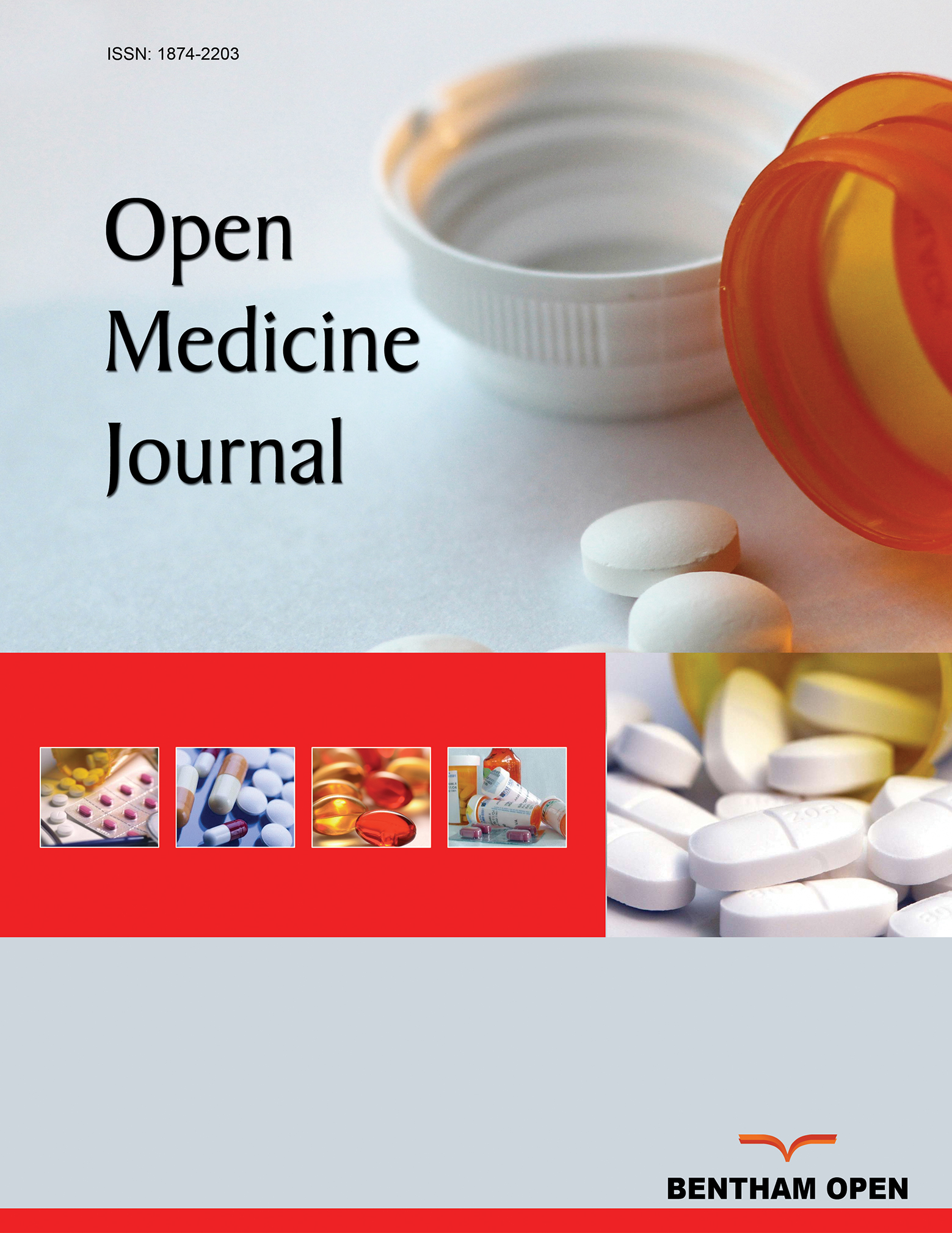Using Biomedical Ethics Model to Explore Use of Postmortem Specimens in Tissue Research
Abstract
Researchers often have a need to conduct human tissue research using postmortem specimens. Medicolegal death investigation organizations are untapped areas for obtaining postmortem human tissues. Because death investigation organizations are not required by law to conduct or support research, an ethical dilemma exists in whether or not researchers should use cadaver tissues for research purposes. This paper analyzes the ethical issues of using human tissues through discussion of principles of biomedical ethics, respect for autonomy, nonmaleficence, beneficence, and justice. Policy makers, organ and tissue procurement organizations, medicolegal death investigation organizations, and scientists should be aware of these principles when considering researchers requests. The authors conclude that with Institutional Review Board approval and next of kin consent, there are prevailing reasons for using postmortem tissue for research.


